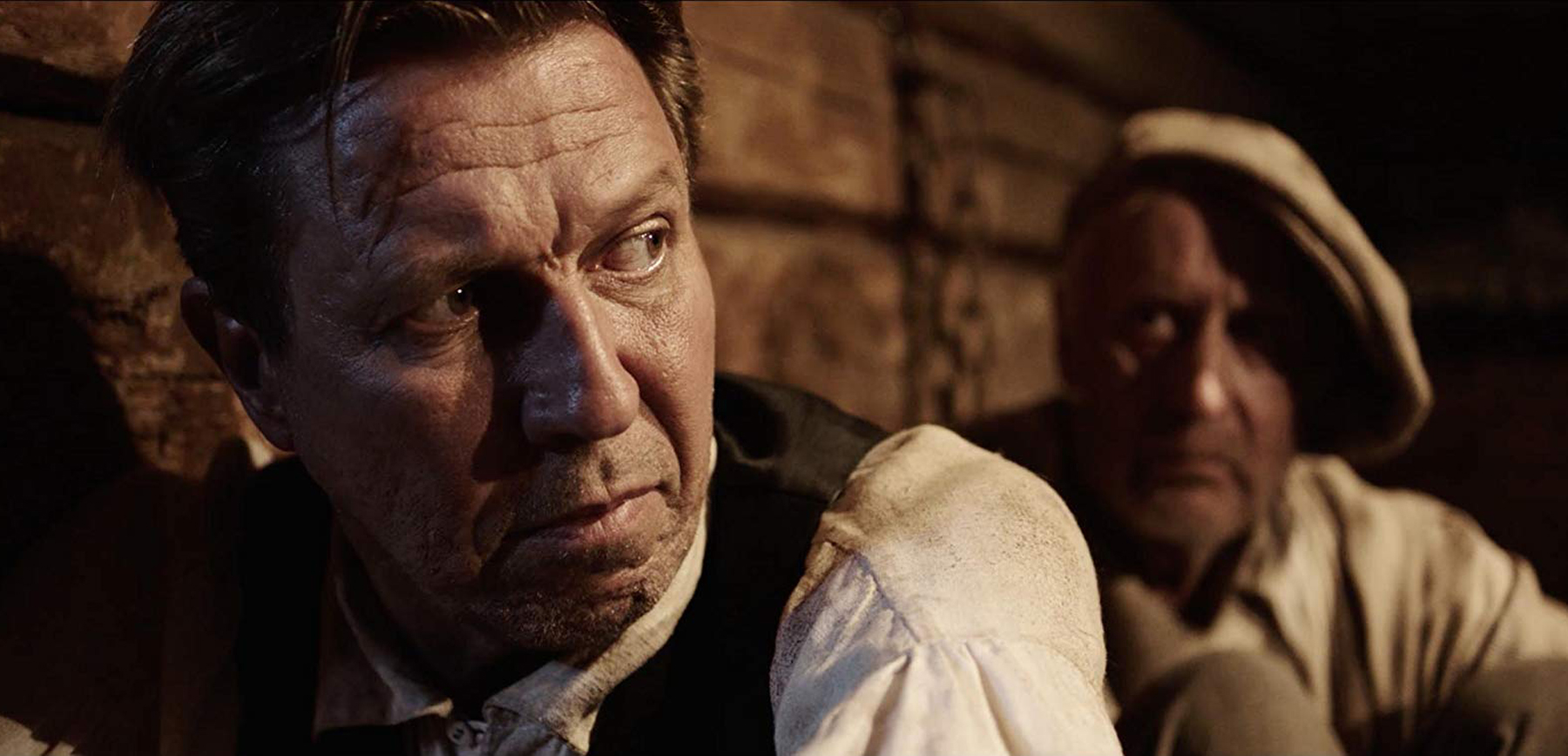
- Golden Globe Awards
Laugh or Die (Finland)
Laugh or Die is a film about the zest of life and the power of laughter, even if tinged with dark humor. In the film World War I prisoners of war, who have already been sentenced to death, prepare a play to entertain their guards and the commander of German troops visiting the prison island on which they are detained. If the audience is amused, they won’t be shot. The theater group is led by Toivo Parikka, once called the funniest man in Finland.Toward the end of World War I, Finland made a choice between the German King and the Republican constitution. Independent Finland was born. Finns, just like the prisoners and the guards in the film, discovered unity through culture despite differences of opinion. Director Heikki Kujanpää explains that the story is based on true events from the year 1918. The “Death Island” of Iso Mjölö was a barren place used by Germans as a prison camp. Starvation reigned and the prisoners were in a skeletal condition.” Yet, a group of theater actors wrote and rehearsed a comedy about the King of Finland to perform for their fellow prisoners and some trusted guards. Something gave them the strength to perform and sing. The rehearsals of the mock-play attracted the guards’ attention. Some of them became guardians of the project making it possible for the prisoners to perform.“Combining humor and prison camp surroundings in a film is a surprising challenge to its visual realization,” director Kujanpää continues. “Thus the idea of opposites is employed everywhere in the cinematic language. The extremes: hilarity and cruelty, desperation and faith, the base and the noble, are present in every scene. Laugh or Die became a dearly loved project for Heikki Kujanpää. “After approximately seven years of work, this dream of mine was finally fulfilled both in this film and quite recently also on stage.”For this Kujanpää gives a major credit to the co-screenwriter of the film, Mikko Reitala. “I believe the finished film is timeless and universal and its story is recognizable everywhere,” he concludes.

